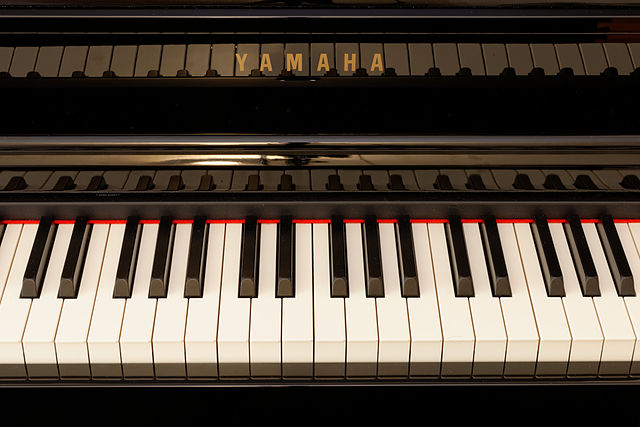A study conducted by the University of Montreal has revealed that musicians have faster reactions than their non-musical counterparts. The research demonstrated a link between playing an instrument and improved reactions to non-musical stimuli.

“The idea is to better understand how playing a musical instrument affects the senses in a way that is not related to music,” said lead author Simon Landry.
Pianists, violinists, percussionists, a double bassist and cellists were involved in the study. All of the musicians began learning an instrument between the ages of 3 and 10. The 19 non-musicians tested came from the school of speech pathology at University of Montreal.
All participants were asked to click a mouse each time they sensed a vibration or noise. The musicians performed on average 30 percent better than non-musicians. This led researchers to suggest that musicians may make the safest drivers.
The findings could have an impact on treatment for elderly people since it strengthens the evidence that music can help halt mental health decline in old age. “The more we know about the impact of music on really basic sensory processes, the more we can apply musical training to individuals who might have slower reaction times,” Landry added.
This adds to the body of research demonstrating the benefits to elderly people of music. Last year, findings were published showing how choir singing helped cancer patients to improve their wellbeing.
